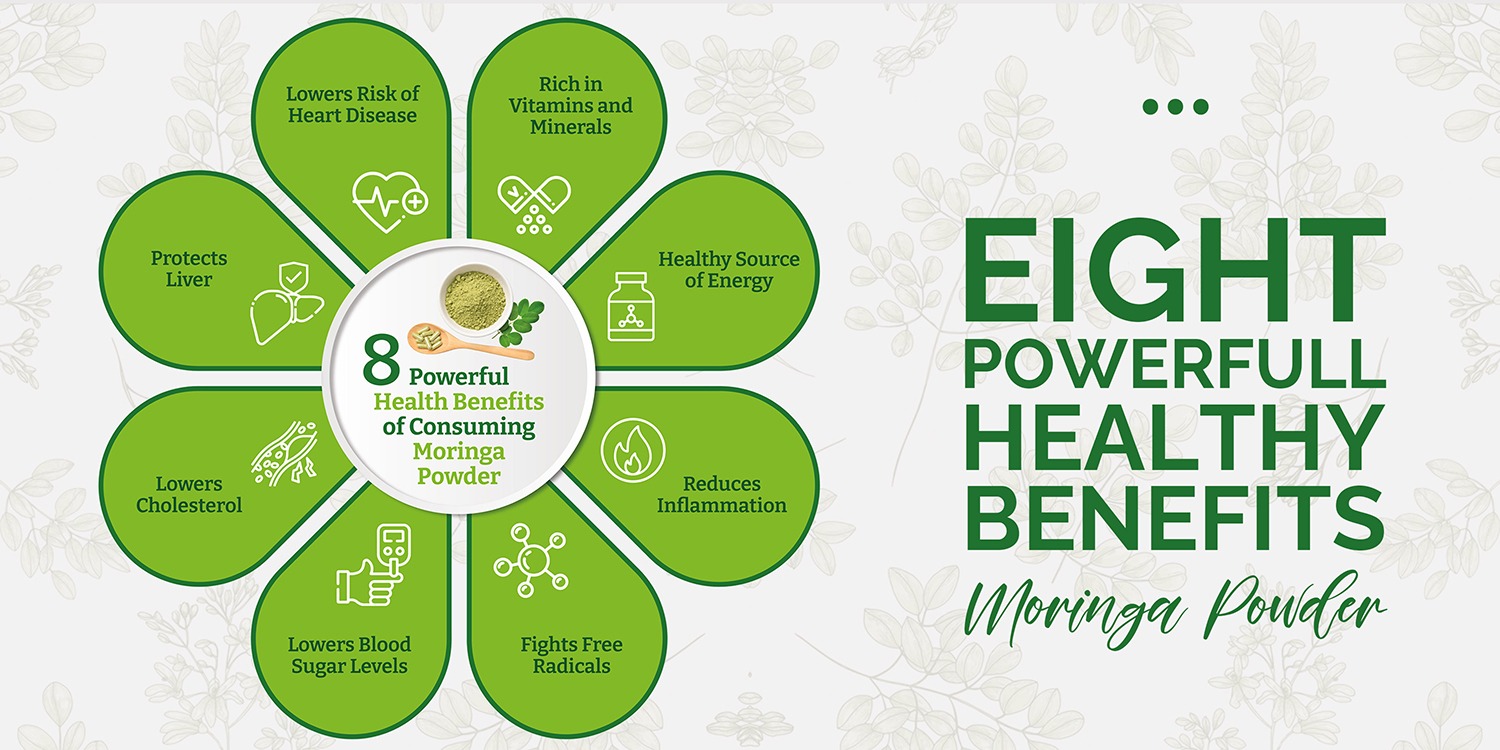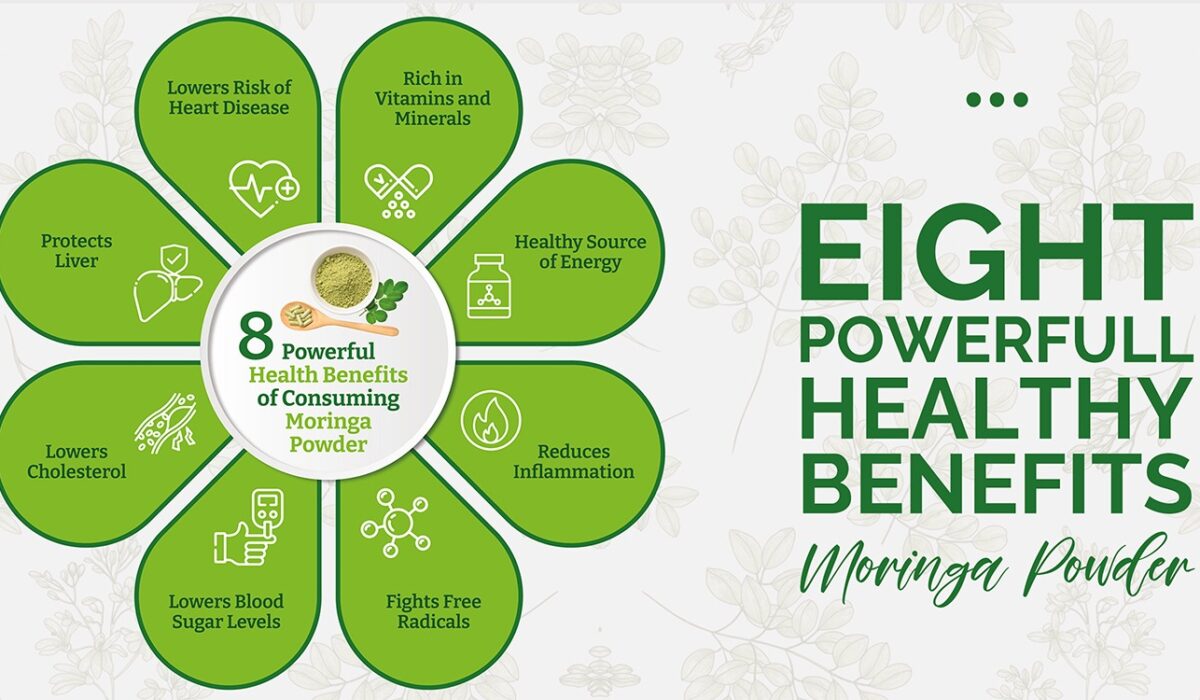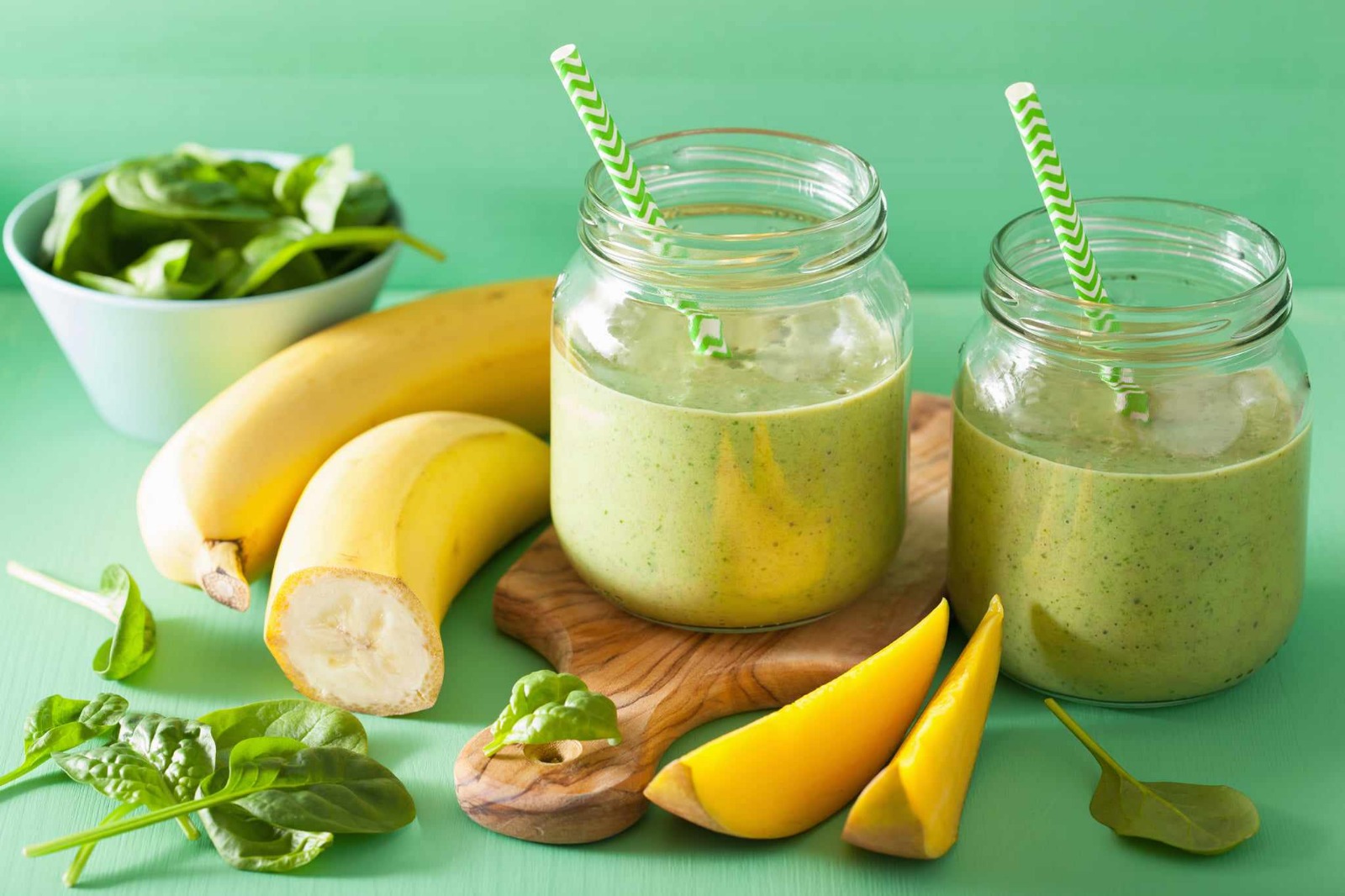Moringa vs Spinach
The two most popular leafy green vegetables on the market are spinach and moringa. They’re both rich in vitamins, antioxidants, and other nutrients that can help keep your body healthy. But which one is better for you? We’ll take a look at the nutritional content of each food, as well as its ease of cultivation and taste when cooked so that you can make an informed decision about which one is right for your family’s dinner table tonight!
The biggest distinction is that spinach appears to be a superior supplier of most of these elements than moringa, ounce for ounce. For instance, compared to spinach, moringa has higher levels of iron, manganese, vitamin C, thiamin, riboflavin, niacin, and vitamin B6.
Ease of cultivation
When it comes to ease of cultivation, spinach is the clear winner. It can be grown almost anywhere and requires minimal care. You may have heard that spinach is a “cool-season” crop–this means that it grows best during spring and fall. This makes sense because spinach prefers cooler temperatures than moringa does.
Moringa trees are tropical plants that require high amounts of sunlight and heat in order to flourish; therefore, growing one at home might not be an option for those living in colder climates or those who don’t have access to a greenhouse (though some people do grow them outdoors year-round).
Nutrition of Moringa and Spinach
The nutritional value of moringa is much higher than spinach. Moringa is a good source of vitamins A and C, manganese and folate. Spinach contains vitamin A as beta carotene which is converted into retinol only when our body needs it.
In addition to this, moringa leaves also contain calcium, magnesium and iron that helps in blood formation, bone development and oxygen transportation throughout the body respectively.

Taste and texture
Moringa leaves are generally milder than spinach.
- Moringa has a slightly sweet taste, while spinach has a slightly bitter taste.
- Spinach is more fibrous than moringa leaves, so it takes longer to chew and digest (which means you stay full for longer).
- Moringa leaves have a tender texture that makes them easy to digest and swallow; spinach has a chewy texture that can be hard on your teeth if you don’t chew well enough!
It’s hard to compare these two foods because they come from such different places.
It’s hard to compare these two foods because they come from such different places. Moringa is a plant that grows in tropical areas, while spinach comes from temperate zones like Europe and North America.
Moringa has been used as a food and medicine for thousands of years, but spinach is relatively new–it was first cultivated by the Ancient Greek philosopher Aristotle around 350 B.C.E., who thought it resembled sheep’s sorrel leaves (the word “spinach” comes from his nickname).

Conclusion
There are many similarities between these two, but there are also some notable differences. It’s hard to compare these two foods because they come from such different places. But if you’re looking to add more greens into your diet and want something that is both easy to grow and delicious, then either of these options would be a great choice!
In summary, when comparing the nutritional composition of moringa and spinach, both exhibit significant levels of magnesium, iron, copper, manganese, vitamin C, various B vitamins and pro-vitamin A. The key distinction lies in the fact that ounce for ounce, moringa seems to be a superior source of most of these nutrients compared to spinach. For instance, moringa contains higher amounts of iron, manganese, vitamin C, thiamin, riboflavin, niacin, and vitamin B6 in comparison to spinach. However, in terms of carotenoids (pro-vitamin A), folate, magnesium, and potassium, spinach clearly emerges as the more advantageous choice
Moringa With Barry stores offer a variety of moringa products. These include: Moringa Powder, Moringa Tea, Moringa Capsules and Moringa Oil.
Read more:
Moringa vs Ashwagandha: Contrasting Benefits and Uses
Moringa vs Chlorella: A Comparative Analysis of Nutritional Powerhouses
Moringa vs Green Tea: Which Offers More Health Benefits?
Moringa vs Fenugreek: A Closer Look at Their Nutritional Value
Moringa vs Turmeric: A Comparative Analysis of Their Therapeutic Potential



